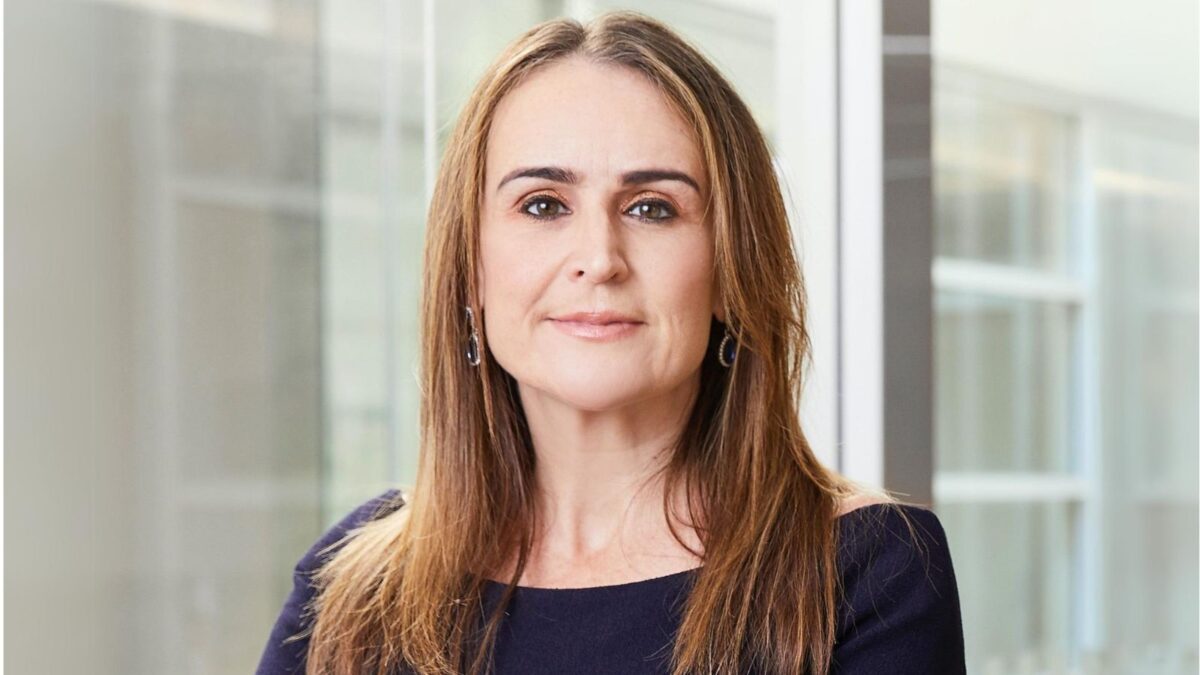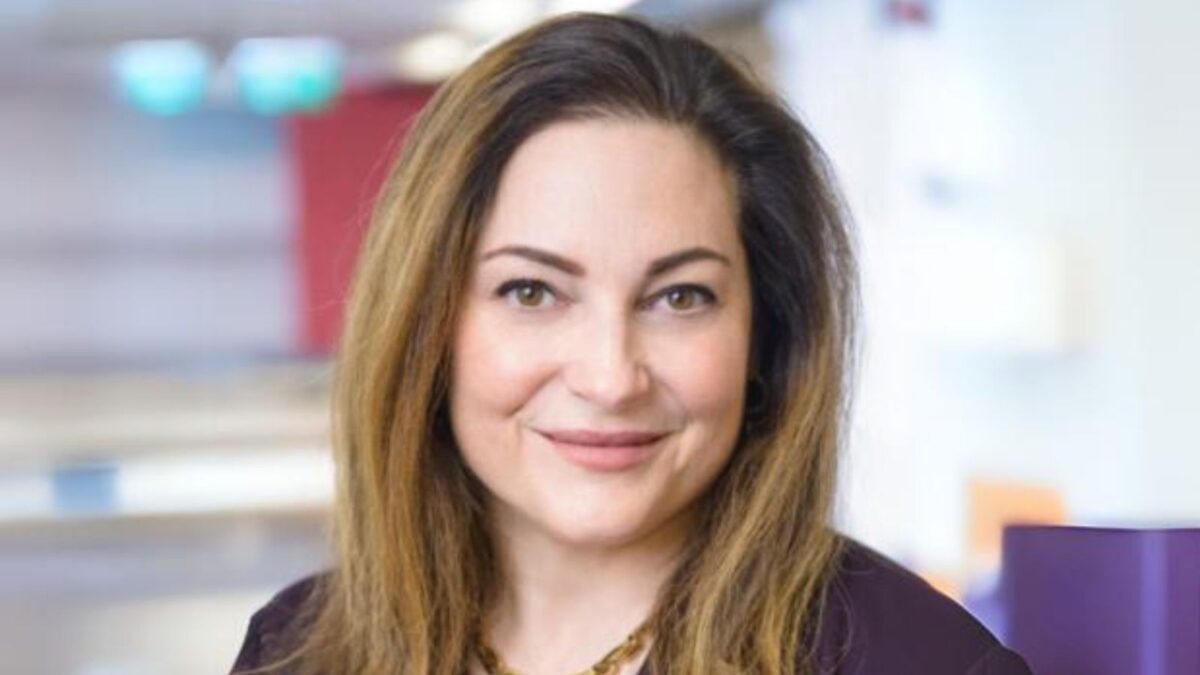New ideas, like alternative debt, need to be embraced
(Pictured: Steve Hall)
Comment by Greg Bright
Every super fund CEO I’ve ever met, which is most of them, has said to me that he or she runs the fund as a business. As I get older and grumpier (my friend Jack Gray says it’s OK to be that way and he’s a lot smarter than me) I’m starting to question that. Take the adoption of new ideas as an example.
Imagine, if you can, what it would be like if Macquarie Bank ran all our big super funds. What would they be like? Once the clever folk at Macquarie get their heads around this not-for-profit notion, I reckon they would be really good at it. I reckon members would probably be better off.
This is not to say that the management of not-for-profit funds are less smart than the shiny suits at Macquarie, nor that they are less motivated. They probably are, in fact, more motivated to do the best by their members. It tends to be in their DNA.
But they lack the aggression. There is a massive cultural divide between Macquarie Bank and XYZ Industry Super.
I’m starting to think, as I get older and grumpier, that the not-for-profit super funds, in the current political and economic environment, are going to get slaughtered by the banks over the next few years. And Australia will be worse off for that.
So, as an example, here’s a not-so-new idea which is still not being adopted: private debt investment strategies. Since 2009, when interest rates headed to historically low levels, commentators have been warning about the looming capital losses from traditional bond portfolios when rates “normalize”. It will happen, we just don’t know exactly when.
But modern portfolio theory (from the 1950s) dictates we need diversification. We have to have some debt allocations in our portfolios. As fund members age this is particularly important. And since 2009, members, we are told, are looking for “outcomes-oriented” investments.
Private debt strategies seem like a natural way to go. Balmain Investment Management recently produced a research paper supporting the case for commercial real estate debt as a defensive income alternative. There are other managers who offer private debt-like strategies, including Challenger International, Quadrant and La Trobe Financial*, each of which is differentiated in the market. Big managers such as AMP Capital and Perpetual Investments have all-but withdrawn from the market.
The Balmain paper, written by several people including Steve Hall, the CEO of its partner organization, Brookvine (of which Jack Gray, coincidentally, is also a director), points out that many government bonds are priced to offer negative real yields. But super funds seem loath to allocate more money to high-yield credit and leveraged loans.
“The risk tolerance for income investing has increased since 2008,” the paper says. “And superannuation funds are relying more on active management to achieve income targets. Despite this, few funds have embraced non-traditional floating-rate investments, such as commercial real estate debt.”
Steve Hall believes the lack of investment in the area reflects uncertainty regarding the risk/reward of an allocation, lack of familiarity with the asset class and the underlying mid-cap real estate security, a preference for commercial real estate debt as an “opportunistic” investment and concerns about liquidity.
But he believes commercial real estate debt should be funded from a super fund’s fixed income “bucket”, notwithstanding its illiquidity. “There’s considerable opportunity for the first movers amongst Australian super funds to build an enduring loan program that would better meet the income needs of an aging membership base,” he says.
View the full paper.
*Greg Bright is a former director of, and remains a consultant to, La Trobe Financial.










